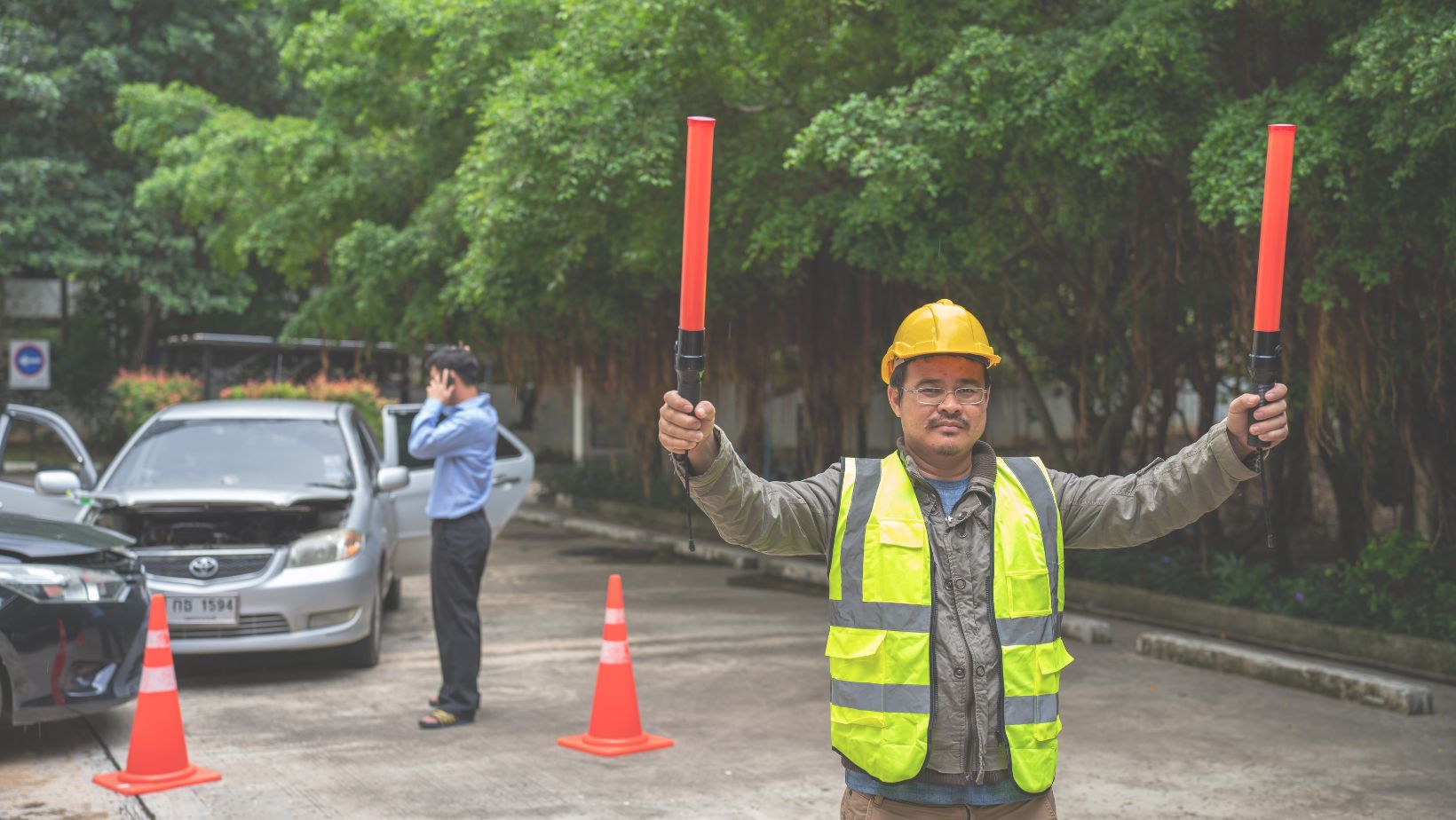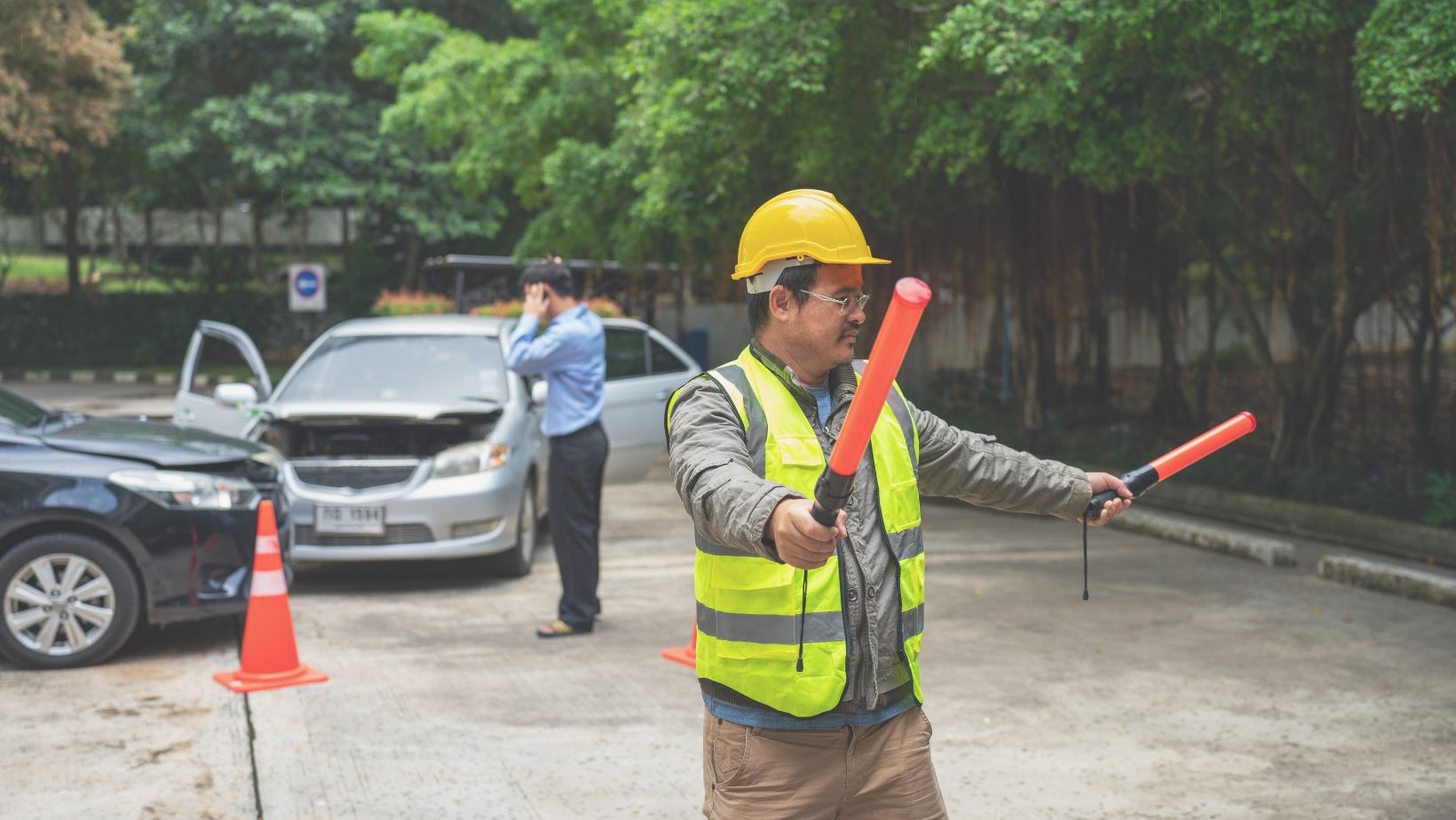
Indonesia’s transportation landscape is undergoing a significant transformation. One of the forces driving this change is the introduction of Sane P2TL – a strategic initiative aimed at enhancing the efficiency and transparency in Indonesia’s traffic law enforcement.
The use of Sane P2TL in Indonesia, it’s been noted, has revolutionized the way traffic violations are handled. It provides an innovative platform for recording and processing traffic offences, with emphasis on accuracy and fairness. This system isn’t just about penalizing errant drivers; it also aims to educate them on responsible road usage.

Admittedly, any change comes with its set of challenges. But as Indonesia grapples with these hurdles, there’s no denying that Sane P2TL could pave the way for improved road safety standards in the country. As we delve into this topic further, we’ll explore how this technology works and what it means for both motorists and traffic officers alike.
Sane P2TL
In the heart of Southeast Asia, specifically Indonesia, you’ll find a unique system known as Sane P2TL. This system is transforming the way businesses operate and interact with their customers.
Implementation of P2TL in Indonesia
Decades ago, most Indonesian businesses were using manual methods for measurements. However, with the advent of technology and increasing need for efficiency, there arose a need for an improved system – hence the birth of Sane P2TL.

Since its inception, Sane P2TL has drastically changed how Indonesian businesses operate. The implementation process was not without its challenges though; some resistance was encountered from traditionalists who preferred old methods while others embraced the change wholeheartedly.
In recent years however, more businesses have come on board as they’ve seen improvements in productivity levels thanks to Sane P2TL. As per statistics:
| Year | Number Of Businesses Implementing Sane P2TL |
| 2017 | 50 |
| 2018 | 100 |
| 2019 | 200 |
| 2020 | 450 |
It’s evident from these figures that there has been significant growth year-on-year since introduction.

As Indonesia continues on its path of technological advancement, Sane P2TL is expected to further revolutionize its business sector. Its implementation continues to gain momentum as more businesses realize the efficiency and accuracy it brings to trade practices. The Sane P2TL system has indeed proven itself an essential tool in modern Indonesian commerce.
Challenges in Implementing P2TL
Indonesia’s efforts toward implementing Sane P2TL haven’t been without their hurdles. The country has grappled with a slew of challenges, including lack of enforcement and corruption issues. These obstacles have proved to be significant roadblocks in realizing the full potential of Sane P2TL.
Corruption Issues
Regrettably, corruption has also played its part in impeding effective implementation of Sane P2TL. It’s an unfortunate reality that some individuals may exploit loopholes within systems for personal gain – at great cost to collective objectives.

Instances where funds meant for Sane P2TL projects get misappropriated aren’t uncommon. Such practices don’t just drain resources needed for successful execution; they also erode trust among stakeholders and public faith in government capabilities.
To paint a clear picture:
| Issue | Impact |
| Lack of Enforcement | Undermines effectiveness of policies |
| Corruption | Drains resources & erodes trust |
Ultimately, overcoming these challenges requires concerted effort from all stakeholders involved – from policy makers to enforcers and even regular citizens.






